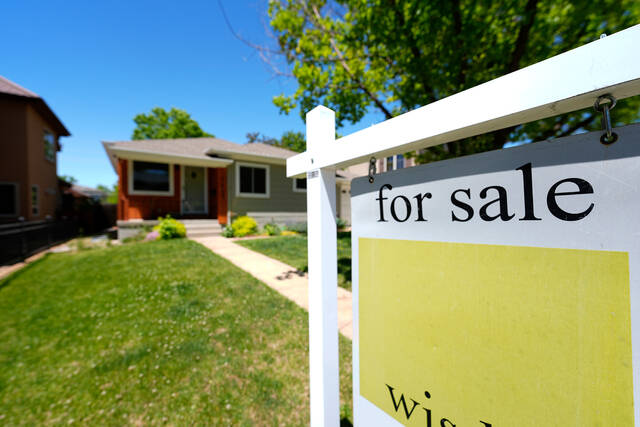Hampton Township Council members debated a proposed ordinance at their Nov. 2 meeting that would allow residents to rent out their homes on a short-term basis for 120 days per year.
Short-term rentals have grown in popularity in the past 10 years due to online marketplaces such as Airbnb. However, they’ve faced criticism for lax regulation, particularly in Pittsburgh, where two teenage boys were killed and eight others injured at a shooting at an Airbnb rental property in April.
While council members agreed that they’d like to formalize and pursue a short-term rental policy, they questioned some of the ordinance’s details, including the 120-day provision. Council member Julie Fritsch said she thinks the number of days needs to be higher.
She also disagreed with a portion of the proposed ordinance that says recreational vehicles and trailers can’t be visible from the street, because she said people looking to rent might show up in an RV.
Council member Joe Dougherty also raised concerns.
“Do I think somebody should be able to rent their house as much as they want? Sure, but do I understand neighbors have concerns about people constantly moving in and out, sure,” he said.
Council seemed to agree that 180 days might be a good compromise to balance homeowners’ and neighbors’ concerns, although they will revisit the specifics at their Nov. 16 meeting. Thomas McDermott, a lawyer, said 120 days is an arbitrary number commonly used to prevent what he calls “micro-hotels,” meaning people buying houses they don’t live in solely to use as Airbnbs.
Susan Bernet, assistant municipal manager, questioned how the township would enforce the 120-day rule.
Amanda Gold-Lukas, the township’s land use administrator, said she envisions an investigation being triggered if someone files a complaint, at which point a homeowner would have to provide rental records for the year.
Council members also were torn on whether someone should have to obtain a permit or get conditional use approval from the township, which would require a public hearing, for a rental.
“I don’t like the idea of conditional use just because, one, you’re highlighting the fact that that home is now a short-term rental. You are inviting contention with the neighbors,” Fritsch said. “And I think it’s more expensive.”
Dougherty and council member Rock Kernick said they’d like to take some time to think about what method they prefer.
Bernet also said a meeting has been scheduled on Nov. 14 with Waste Management over a price discrepancy on additional trash containers in a new refuse-collection contract that would increase residents’ bills by about 33%.
Christopher Lochner, municipal manager, said at a prior meeting that while township officials knew Waste Management planned to charge residents to purchase an additional 96-gallon container, he didn’t realize the hauler also would charge them $75 more per year to transport the waste in the extra containers. Lochner called this added cost “a real racket.”








